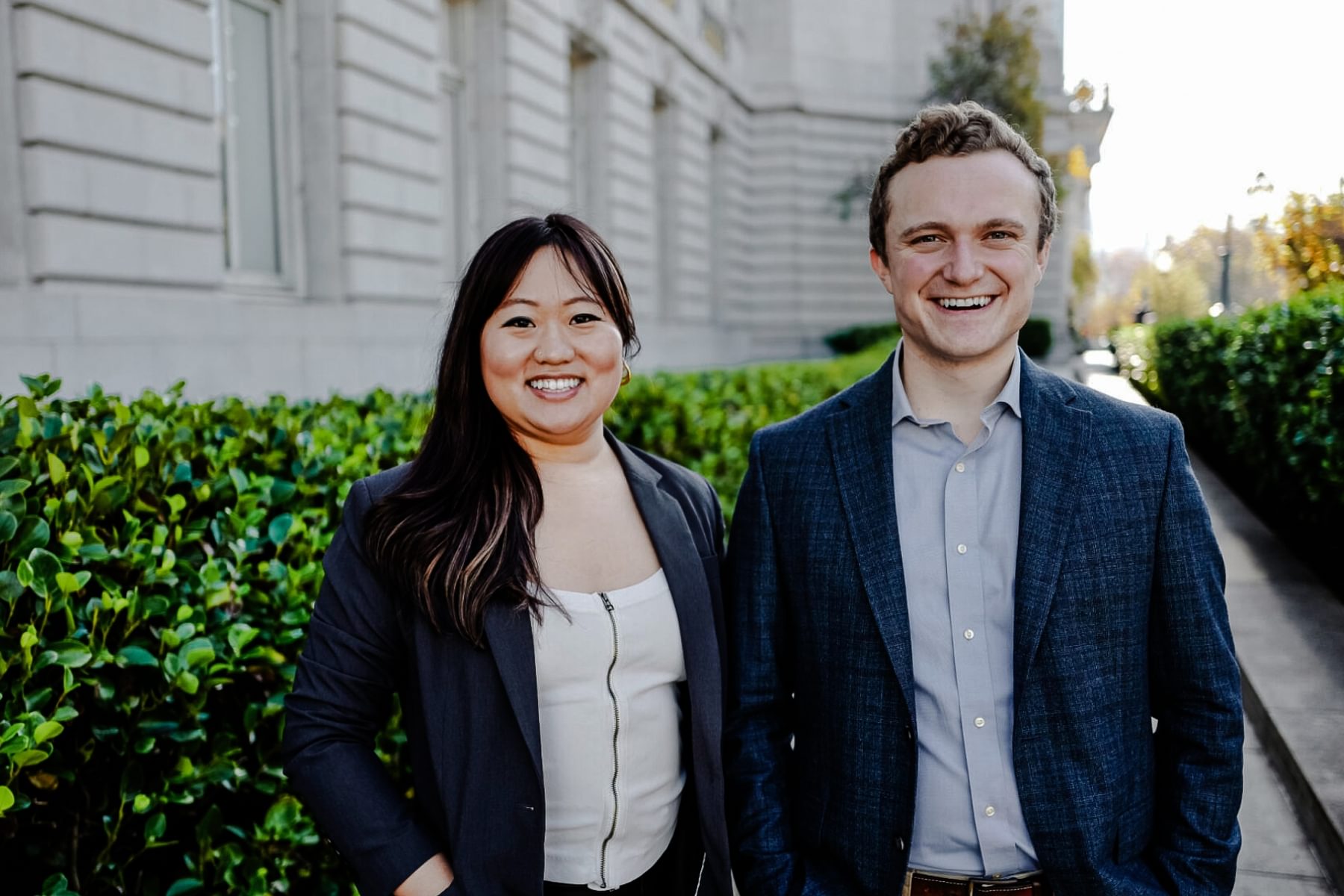Amanda Moreno (Harvard Medical School 2026) started advocating for eating disorder awareness when she was just 18 years old — as a first year at the University of Pennsylvania. She and a friend, Body Empowerment Project cofounder Christina Miranda, spent four years on campus hosting educational workshops to help tear down unrealistic standards of beauty and raise awareness about the lasting effects of disordered eating.
Eating disorders are on the rise world-wide, especially among kids and teens. “We find that children as young as six are struggling with eating disorders,” says Moreno. Conversations around health, wellness, and debunking unattainable beauty standards have to start happening much earlier. That’s why she started her 501(c)(3) nonprofit Body Empowerment Project (BEP), a 10-week educational intervention for middle school, high school, and college students to improve their self-esteem and coping mechanisms, while transforming how young people think about health and beauty, and decreasing eating disorder risk in the process.
Moreno was seven when she moved from her native Cuba to Miami, a transition that she says negatively impacted her self-esteem and helped pave the way for her venture: “I came into a country with a culture I did not fully understand — didn’t speak the language — was a little bit out of place with my peers. I didn’t understand how to dress. I didn’t know the foods. I would tell my parents every day, ‘I want to go back to my friends,’” she says. “And suddenly I was very shy, and just not very confident.”
Confidence is a key attribute she helps instill in kids today. In fact, building leadership skills is a core component of BEP programming, which is currently taught in 13 public schools by college-aged volunteers and supported by school nurses and counselors. “Even though the objective of the program is to decrease eating disorder risk, in actuality, we're building life skills,” she says. “We're teaching about self-confidence, we're teaching about public speaking, we're teaching how not to internalize the negative messages you receive.” And the results are transformative — and tangible. In fact, an Institutional Review Board–approved research study on BEP’s curriculum showed statistically significant reductions in participants’ eating disorder symptoms.
Shedding standards and building self-worth
Seventeen-year-old Asha Keita was a sophomore in high school when she joined a BEP-run program at her school, Creative and Performing Arts High School, in Philadelphia. She says being part of BEP changed how she felt about herself and what it means to be healthy. “And to overall love myself, regardless of if I meet the beauty standard — because we all know that the beauty standard is constantly changing all the time, and you're just never gonna fit it.” It also taught her about dealing with anxiety, depression, and caring for herself first, she says.
Today, as a senior, she’s become an ambassador for the program, promoting it around the hallways and encouraging other students to join. She’s also preparing to become a group facilitator, meaning she’ll soon host discussions and workshops and serve as a mentor to other students in the program. Next year, she’s planning to study nursing in college, a decision she says was heavily influenced by her involvement in BEP: “I feel like everything I learned accumulated, and it really was significant for me. It made me want to go into nursing to help people and practice advocacy for different groups of people,” she says.
Reaching underserved communities
The Body Empowerment Project currently has chapters in 13 underserved public schools in Greater Philadelphia, and Moreno plans to expand the reach nationally to populations who need it most: people like herself, who don’t always see themselves reflected in the media and whitewashed culture. “Part of that means adapting our curriculum to cover topics like how racism intersects with body image or with the healthcare system,” says Moreno. “Asking ourselves questions like, ‘How can we talk about anti-racism in our curriculum? How can we talk about intuitive eating without talking about food insecurity?’ We can’t. And we realized that these topics should be discussed no matter what population we're working with. And that’s how our curriculum has been evolving.”
When asked what her own future looks like, Moreno’s not quite sure, but it will definitely involve using her Harvard education to give back to the community she came from, she says: “I've done a lot of volunteering with free clinics that provide healthcare for uninsured and undocumented immigrants. Talking to these patients has always felt like talking to my own parents, and that’s been incredibly meaningful for me. I could also see myself working in public policy — who knows. A lot of it's up in the air right now. But I think the driving factor is giving back to the community that I came from.”
The Benefits of i-lab Membership
“The i-lab has been truly formative for me as a founder. Having access to 1:1 mentorship, a personal pitch coach, office hours with leading industry experts, and funding opportunities all in one place is truly unheard of.” — Amanda Moreno, Founder, Body Empowerment Project





